Day and night confusion and newborns go together like two peas in a pod. While you were pregnant, you likely woke up in the middle of the night to your baby having a dance party in your belly – it’s pretty common! Babies in the womb are naturally lulled to sleep by the motions and sounds of your everyday life, but night, thanks to your relative stillness, they wake up! Essentially, they are awake while you sleep and asleep while you are awake.
Unfortunately, they don’t just hop on our schedule at the moment of delivery. It is very common that they want to continue to sleep all day and party all night for a few weeks! The good news is you can correct day and night confusion, but you must stay consistent! Below you will find a collection of ways to help your newborn start sleeping when you sleep!
KEEP DAYS LIGHT AND NIGHTS DARK
The easiest way to help with day and night confusion is to help baby manage their natural melatonin production.
When the sun sets at night, our bodies naturally begin to produce melatonin to help us wind down and prepare for sleep. During the day, the light inhibits the body’s production of melatonin making it harder to sleep.


So, the easiest way to help you baby regulate their melatonin production is to keep them in a well-lit environment all day long – even during naps. Keep the blinds/ curtains open and get outside whenever you can. This will help to limit the amount of melatonin baby produces during the day making them SLIGHTLY less sleepy.
At night, you’ll want to help their body with the production of melatonin by making in dark. I recommend turning down the light in the early evenings and making the nighttime sleep environment as dark as you possibly can. Try to cover any light coming through the windows and eliminate any nightlights or light producing products, such as clocks, phones, etc. Even the smallest amount of light can inhibit the production of melatonin.
And in case you are wondering, no, your baby is not scared of the dark! Not only were they in the dark for 9 months, but their brains are unable to comprehend the idea of fear until 2 years old!
FEED EVERY 2-3 HOURS DURING THE DAY
This one is arguably the most important when it comes to correcting day and night confusion! One of things I hear most often from newborn parents is “my baby takes great naps during the day, sometimes they will sleep for 3-4 hours at a time, but they sleep terrible at night!”
Well, your baby is going to sleep a lot, but they do need SOME awake time. More importantly, your baby needs calories! The average baby feeds 10-12x in the first few weeks. If your baby is only eating every 4 hours during the day (assuming a 12-13 hour day), they are only eating 4 times during the day. That means they will likely want to feed 6-8 more times – no wonder they are up all night!
By feeding every 2-3 hours during the day, even if this requires you wake them up from naps, you are helping them get more calories in during the day, so that they don’t need quite so many during the night. Read that as less night wakings!
KEEP YOUR BABY AWAKE DURING FEEDS


Keeping your baby awake and active during feeds will help correct day and night confusion. This one is arguably the hardest. Babies are sleepy people and the action of sucking at the bottle or breast releases oxytocin, which relaxes them and makes them even sleepier. A baby who is sleeping during a feed isn’t really taking an efficient feed. They are generally taking in less calories per feed, thus requiring more feeds!
Whether it is the day or night you will want to ensure that your baby is nice and awake for all feeds, so that they are maximizing calorie intake and can sleep longer stretches before they wake up hungry…again.
Great ways to keep your baby awake during feeds include keeping lights on during feeds, feeding your baby once they wake up for a nap instead of before they go down for a nap, doing a diaper change before a feed, feeding them in just a diaper, and tickling their neck or soles of their feet during a feed.
I know it can be really hard to stay consistent, especially when you are exhausted, but I promise if you follow these few easy tips, you will be getting longer stretches of night sleep in no time!
















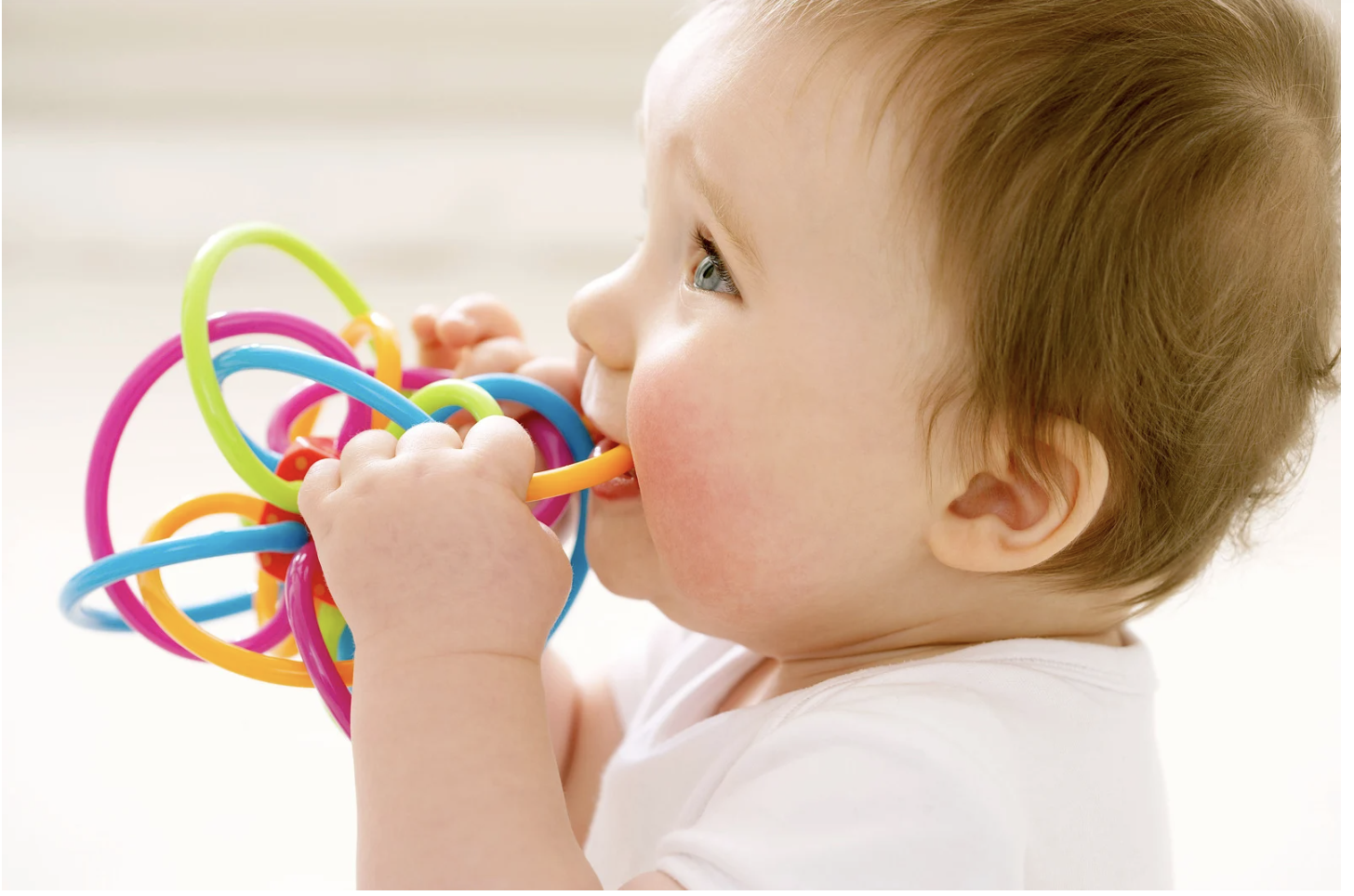




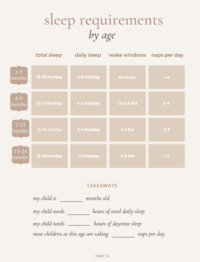
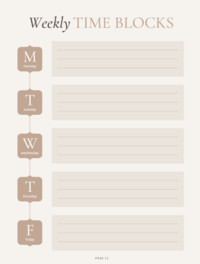
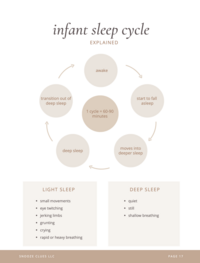



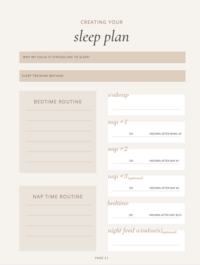

Read the Comments +